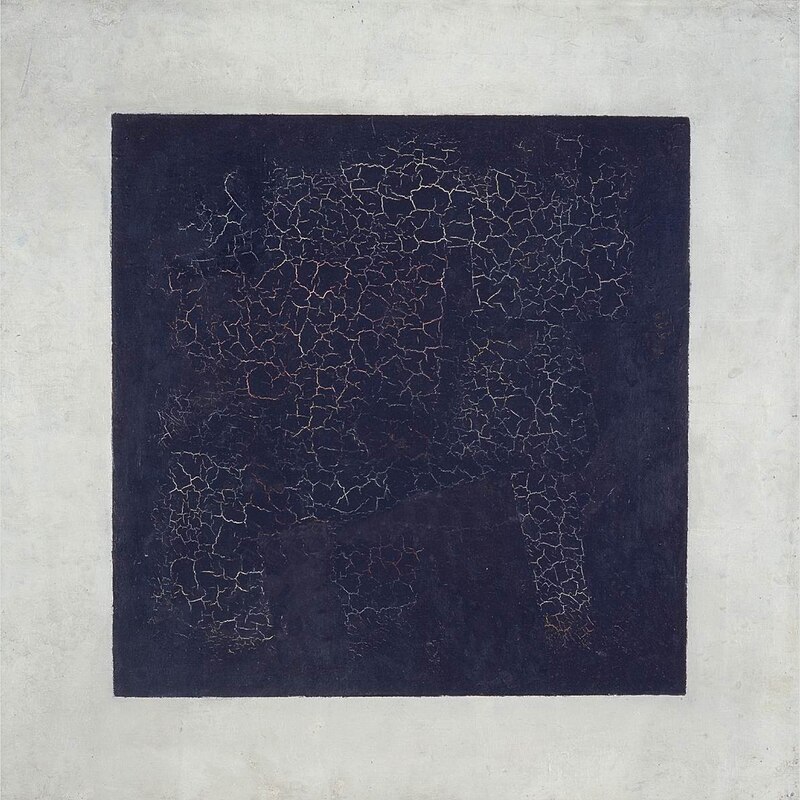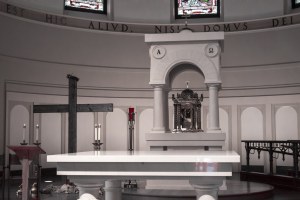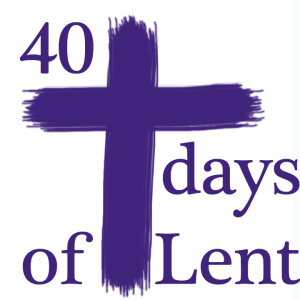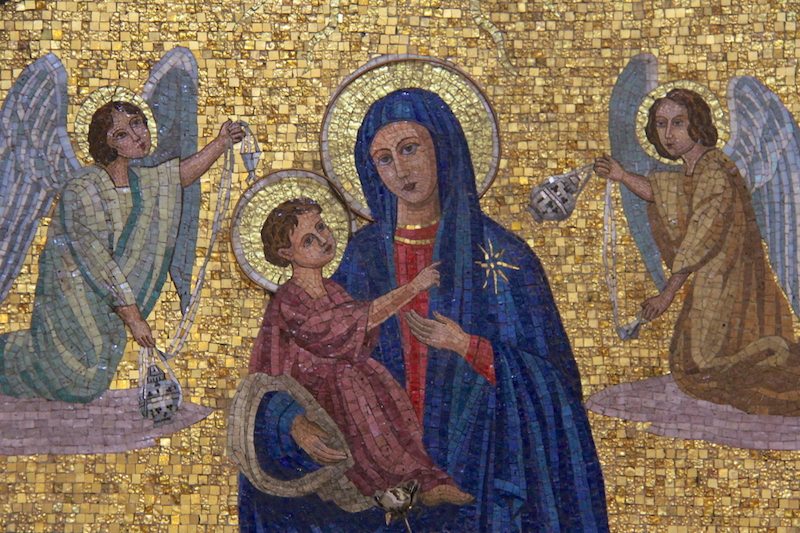I didn’t really intend to stop blogging here. It crept up on me. Oddly, given that I had far more time on my hands during that period, the experience of lockdown pushed me away from maintaining this blog. It felt like, after having said a few things about life as a Catholic in the time of Covid, I had nothing else to say. And I suppose something like that has prevented me from coming back to blogging: I’m not sure I have anything to say. Or rather, I do have things to say, but I’m not sure I should say them. I have things to say which might play into ecclesiastical factionalism. I have things to say about important things, the things of God, which I am uncertain about putting onto the internet, for fear they might be wrong or misleading. We speak falteringly, if at all, of these things. And yet, saying nothing can be a subtle indulgence of its own. And it is certainly the vocation of Dominicans, Lay Dominicans included, to speak of God. So I’m going to give blogging another go. Easter is an appropriate time for new beginnings after all.
For a start, I’d like to reflect on precisely what I have been implicitly talking about, on remaining silent in the face of God. There is a proper silence in the presence of God, which recognises that God is wholly beyond our ability to comprehend or contain. ‘We do not know what God is’, writes Thomas, ‘but only what he is not’. We are united to him ‘as to one unknown’. Faced with such utter unknowability, silence is inevitable. Yet we cannot be silent forever. God, after all, whilst remaining utterly beyond our language and thought, speaks to us, speaks to us in the work of creation and in the outpouring of love that is revelation. We cannot but respond to these things with our words, by singing God’s praises and telling what God has done for us. It would be perverse to remain silent given these things. And yet our words, to the extent that they are genuinely directed towards God, turn back into silence as we encounter the mystery that lies behind and at the origin of God’s works. This interplay between words and silence is fundamental to the Christian life. It does not matter if we have times of silence, so long as we don’t forget to speak of God. It does not matter if we speak of God, so long as we end up silent before the mystery of God’s being.




